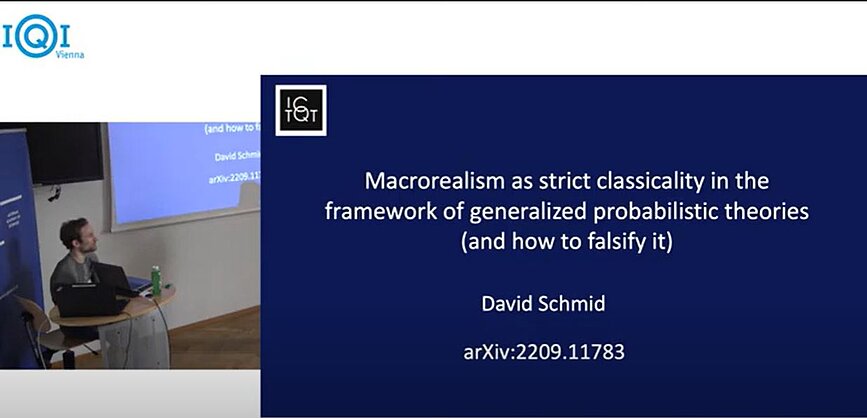Macrorealism as strict classicality in the framework of generalized probabilistic theories (and how to falsify it)

In this work, I critically analyze both the definition of macrorealism and the various proposed tests thereof, identifying a number of problems with these (and revisiting key criticisms raised by other authors). I then show that all these problems can be resolved by reformulating macrorealism within the framework of generalized probabilistic theories. In particular, I argue that a theory should be considered to be macrorealist if and only if it describes every macroscopic system by a strictly classical (i.e., simplicial) generalized probabilistic theory. This approach brings significant clarity and precision to our understanding of macrorealism, and provides us with a host of new tools—both conceptual and technical—for studying macrorealism. I leverage this approach i) to clarify in what sense macrorealism is a notion of classicality, ii) to propose a new test of macrorealism that is maximally informative and theory-independent (unlike all prior tests of macrorealism), and iii) to show that every proof of generalized contextuality on a macroscopic system implies the failure of macrorealism.
Comments (0)
No comments found!